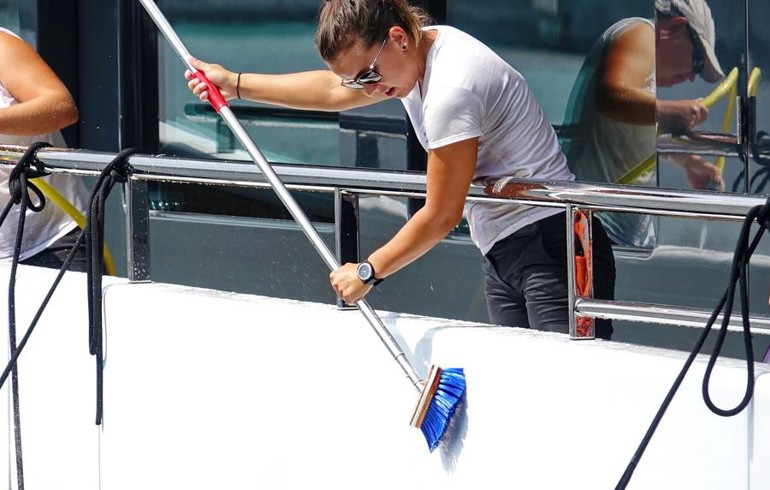Employment and maritime laws have become increasingly complex. For 50 years, we have helped yacht owners effectively manage their obligations in relation to all aspects of crew employment law.
The Maritime Labour Convention (2006) (MLC) provides comprehensive rights and protection at work for seafarers and forms the fourth pillar of international maritime regulation together with SOLAS, STCW and MARPOL. The MLC is often referred to as ‘The Seafarer’s Bill of Rights’ and it defines the requirements and conditions for the employment of crew on commercial yachts across five key areas:
- Minimum requirements for seafarers to work on a ship
- Conditions of employment
- Accommodation, recreational facilities, food and catering
- Health protection, medical care, welfare and social security protection
- Compliance and enforcement
Please refer to the frequently asked questions below for further information:

Our Crew Handbook not only answers the common questions but also provides tables and template forms for use by the captains and crew in our fleet.




